Erin Reads a Trashy Romance, Part 1
Originally posted December 2, 2012 on ErinBlogue.
Penguin's 1960 paperback edition of Lady Chatterley's Lover.
So, I swore I’d scribble an update on my most recent read once I ran across the title of the book in line. Lo, on page 150 of the Barnes and Noble 2005 edition: “And this night she was wondering who Lady Chatterley’s lover was.” Blaring horns! Sweeping violins! If this were a movie, my friends and I would be leaning over one another to whisper much too noisily, “They said the name of the movie!“
I picked up Lady Chatterley’s Lover in part because I have a thing for banned books. There’s just something enticing about a story that has to be translated into a language that wasn’t the author’s first choice and then marketed only in more permissive foreign lands (Rajaa Alsanea’s The Girls of Riyadh sweeps immediately to mind). It’s hard not to get sucked in by the hype of subversive literature; like anyone else with an Area 51 fetish, I can’t help but die to read about what they didn’t want me to know. I don’t like people choosing my reading material for me or even painting over the ugly parts to shelter me from life—it’s just not my style. Besides, if you rob a book of its humanity by cleaning up what you might consider vulgar, then what do we have but just another tome about the felicity of young marriage followed by a marbled endpaper and nothing more? Totally not my style. So Lady Chatterley’s Lover appealed to me (both the book and the actual hunky lover), and so far I don’t regret the time I’ve spent in its now-uncensored pages.
Of course there’s the other reason I picked up the book: it’s a tad trashy. See, I have never actually finished a romance novel—no, not even Twilight. Books with romance in them are fine (see previous posts), but I find pure romance to be too neat and too unreal. The only time I allow myself to read anything with a horse or a heaving maiden on the cover is to poke fun at the dime-store prose while reading aloud in a bad cowgirl accent. It just doesn’t do it for me if the story isn’t there, so Lady Chatterley’s Lover is the perfect excuse to read something fleshy while asserting my book snob streak. My aversion to sexy romance makes this story relatively virgin seas to me, and it’s kind of cool to see what I’ve been deliberately missing, but in a way that doesn’t force me into titles like Love is a Horseshoe or Enter the Countess. No, thank you.
I already have plenty of guff though—Lawrence can be repetitive in his storytelling and word choice, the woman’s struggle is close to truth but told from a male perspective, and the conflict is a little too easy since the husband is physically unable to perform and mentally detached from his wife. It’s not the novel I would have written, but since there are no glittering spines boasting my name, I’m happy to charge ahead and see what this little book can do. I’m halfway through, and so far what I’m taking from the various characters’ conflicts is a universal thread that tells us it’s okay to be frustrated when you’re in your twenties and thirties and feel like real life has forgotten all about you. It’s revealing to see what people in all times might do with what we’re experiencing today, so I’m eager to see what unravels in the second half.
And now, some passages:
Of Mellors, the roguish keeper and namesake of the book:
“What did life offer apart from the care of money? Nothing. Yet he could live alone, in the wan satisfaction of being alone, and raise pheasants to be shot ultimately by fat men after breakfast. It was futility, futility to the nth power. But why care, why bother? And he had not cared nor bothered till now, when this woman had come into his life. . . . The connection between them was growing closer. He could see the day when it would clinch up and they would have to make a life together.”
And an opening passage so brilliant that I’m still kicking myself for not thinking of it first:
“Ours is essentially a tragic age, so we refuse to take it tragically. The cataclysm has happened, we are among the ruins, we start to build up the new little habits, to have new little hopes. It is rather hard work: there is now no smooth road into the future: but we go round, or scramble over the obstacles. We’ve got to live, no matter how many skies have fallen.”

